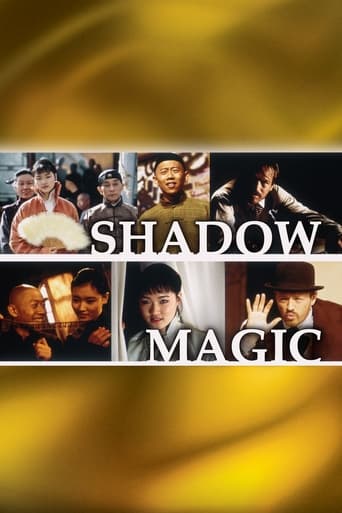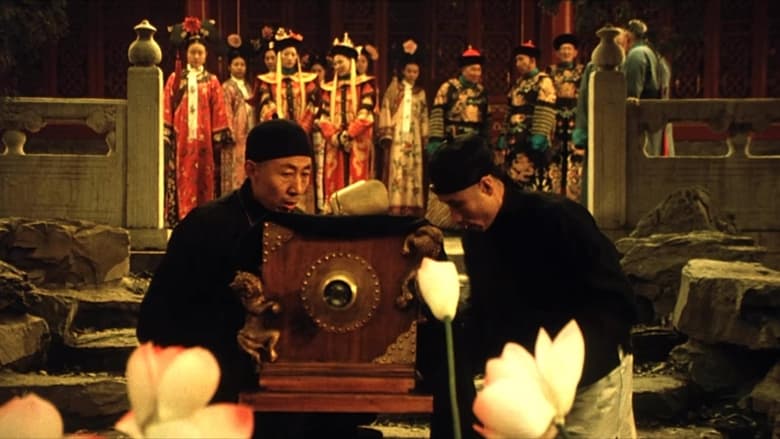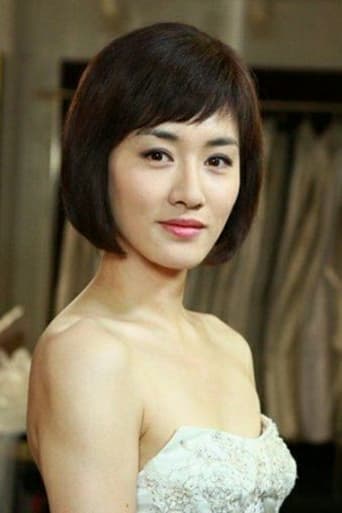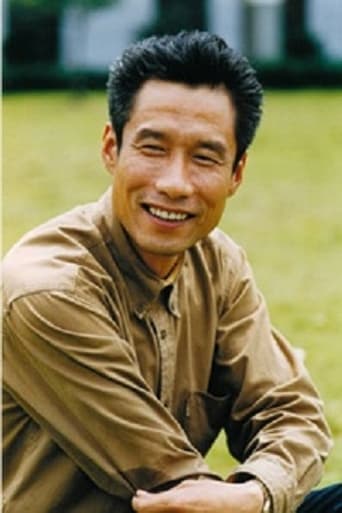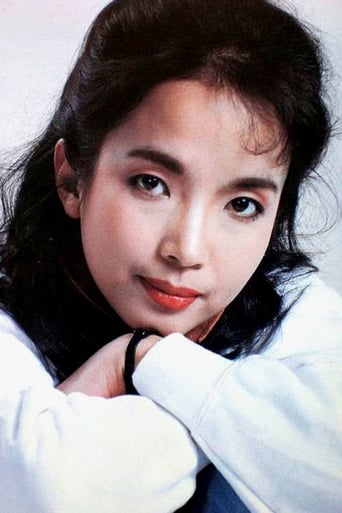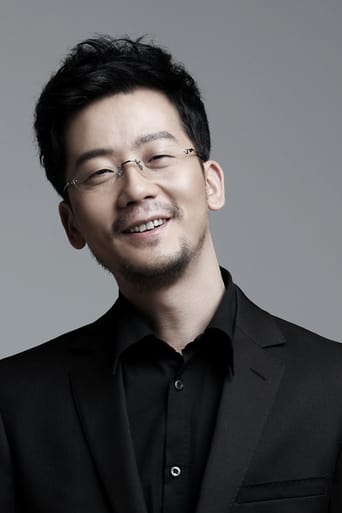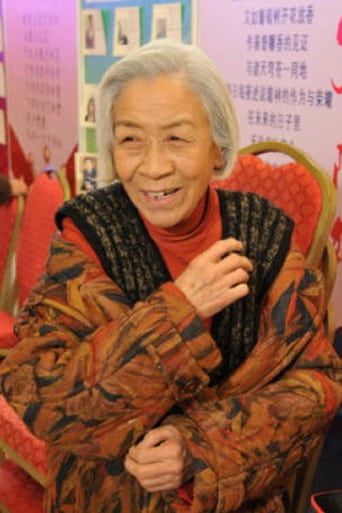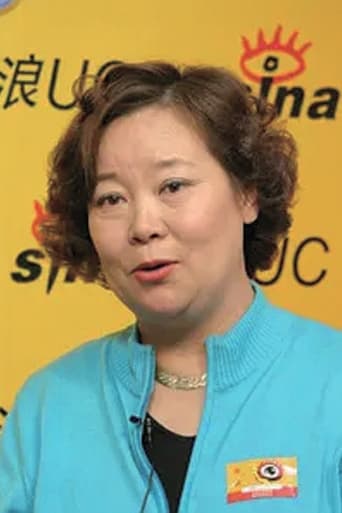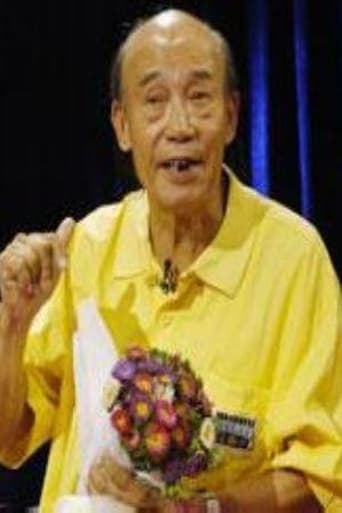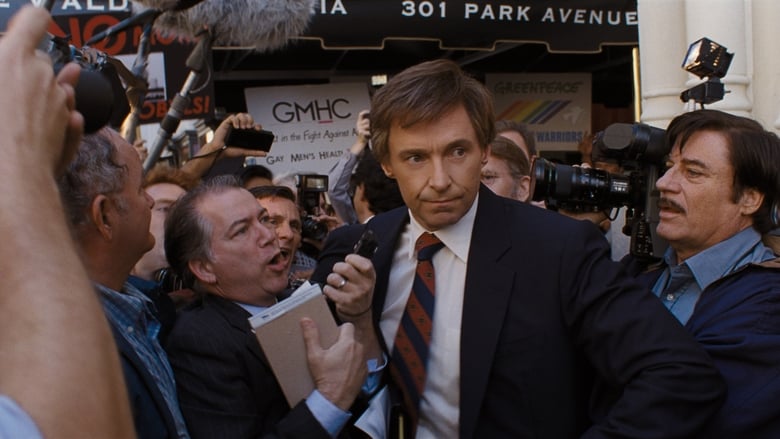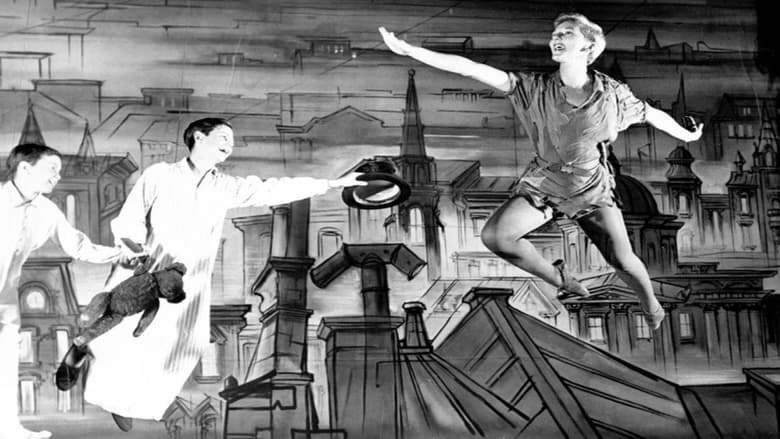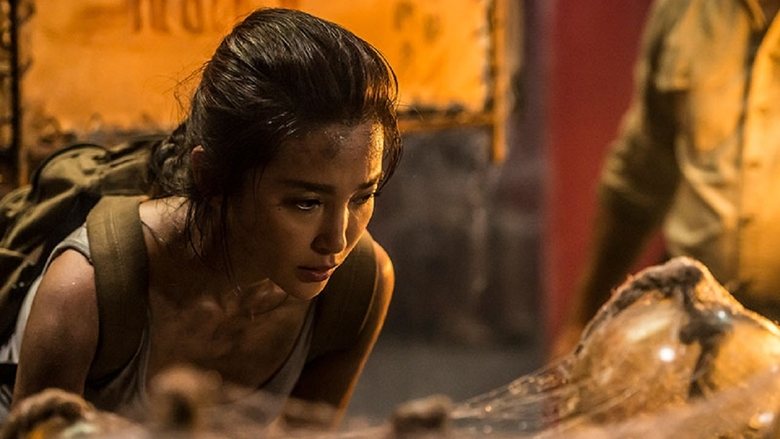Beijing, 1902: an enterprising young portrait photographer named Liu Jinglun, keen on new technology, befriends a newly-arrived Englishman who's brought projector, camera, and Lumière-brothers' shorts to open the Shadow Magic theater. Liu's work with Wallace brings him conflict with tradition and his father's authority, complicated by his falling in love with Ling, daughter of Lord Tan, star of Beijing's traditional opera. Liu sees movies as his chance to become wealthy and worthy of Ling. When the Shadow Magic pair are invited to show the films to the Empress Dowager, things look good. But, is disaster in the script? And, can movies preserve tradition even as they bring change?


Reviews
This "Shadow Magic" is a very ambitious endeavor, working on multiple plans.On one plan it is a tribute to the pioneers of Chinese movie industry. It was the way this tribute was conceived that made some reviewers to declare "Shadow Magic" a light movie, unpretentious, not to be ranged within the masterworks of today's China film.Well, like any tribute of this kind, it is a warm story, the fathers of Chinese cinema are followed with genuine sympathy: like any pioneers in any domain they simply were not aware of their future role in history; the fathers didn't know that some day they would be THE fathers. They were seeing themselves just as common guys and were behaving as such, sometimes with mistakes, sometimes with naivety, sometimes like fools, sometimes in love, sometimes bad tempered.It is also another criticism brought to "Shadow Magic": that it suffers from lack of originality, copying themes and moods from "Cinema Paradiso." It is true that the wheel cannot be reinvented each time one makes a movie about the beginnings of cinema. However I would note that "Cinema Paradiso" is built differently, on a play of memory and nostalgia, while in "Shadow Magic" there is no place for nostalgia: it is not about a vanished world of movie theaters; by the contrary, it shows the beginnings of what is today one of the most important schools of cinema worldwide."Shadow Magic" called in my mind rather another film, "Diarios de Motocicleta", where the main character, a sympathetic medical student nicknamed Che is also totally unaware that one day he will become a famous (or infamous, matter of perspective) revolutionary leader.There is also another plan (that was also in Ann Hu's previous "Dream and Memory"): the Englishman comes with his projector and suddenly East meets West in 1902's Beijing. This contact seems to be of great interest for director Ann Hu. What happens when the two universes come into contact? What happens there on the border? Do they explode, do they remain separate looking at each other across the trenches, or is a new universe emerging on the surface of contact? In "Dream and Memory" the border is in the mind of Hong, the Chinese who (like director Ann Hu) moved long time ago to the US. For him one universe looks like a dream, unclear and remote, while the present universe needs the mechanisms of memory to reenact the lost dream. It's East coming to the West, and West trying to recuperate East: China is far away and long ago, America is here and now, China needs to be appropriated.Here in "Shadow Magic" it is West that comes to the the East. England is far away, China is here and now. And the border is in the heart of Liu, the Chinese passionate to go beyond the limits of his known world, while torn out by the force of his loyalties. It's a pop-out and a push-back bringing the border now and then on the brink of explosion, while little by little a coalescing universe begins to take shape. Maybe this was also the case in the Big Bang model? Just kidding."Shadow Magic" is also a tribute paid to the charm of old Beijing, with its incredible mix of people and carts and camels on the streets, that incredible mix of present with its seemingly chaotic agitation and past with its quiet force; all these found in Ann Hu an exquisite artist painter. Here all reviewers are unanimous in recognizing her talent in rending the images, her sensibility for each nuance of color, for each detail of the street. Her mastership of the visual language is amazing, and also her science of controlling the movement of each actor on the scene. The movie has the synchronization of a ballet, any movement comes in its exact place, no earlier, no later, no slower, no faster, no shorter, no longer.And I think nowhere in the movie it's the cinematic genius of Ann Hu as overwhelming as in the scenes at the Great Wall. When it came there I was afraid I would see kind of a tourist commercial (the risk any moviemaker is running when shooting in a famous place). Well, it was far from that. The Great Wall was playing together with the two actors, the Englishman and the young Chinese, witnessing their enthusiasm to be there, their feeling that they got the best life could give, because being there! It was the way the Great Wall was shot that made it an active part of the action! I saw only one other movie that gave me the same impression, "Springtime in a Small Town" of Tian Zhuang-Zhuang, cinematographed by Li Ping-Bin (a remake after another Chinese masterpiece). It was there, in the movie of Tian that I had this feeling, that the setting was an active actor in the drama!
`Shadow Magic' recaptures the joy and amazement of the first movie audiences. It also shows the power of film in its ability to bring the world a little closer, overcome cultural barriers and to preserve ourselves for generations yet to come. Certainly, anyone who truly loves the art of the motion picture will enjoy this film. It's a great first effort by writer/director Ann Hu, who will hopefully have many films to follow.
This is a beautiful, funny, vivid film. It's even better than "Nuovo Cinema Paradiso" -- which it parallels but doesn't replicate. The story completes a full circle and had the theater beaming as the credits rolled. A hundred years after this story takes place, we're just as intrigued by flickering images in a dark theater.
This film is about so many things. Most obvious is the hold that film can have over an audience and how capturing life on film can be a kind of magic. There is also the tense relationship between China and the West as many Chinese saw (probably rightly so) the "Barbarians" as trying to take over and pollute their way of life. Liu even seeks to preserve their way of life on film because he sees that it will one day disappear. Their is also Liu's internal conflict between the loyalties and traditions of China versus the self-determination philosophy of the West. All these themes are woven quite skillfully into a coherent and enjoyable whole by Hu. A very enjoyable film.
